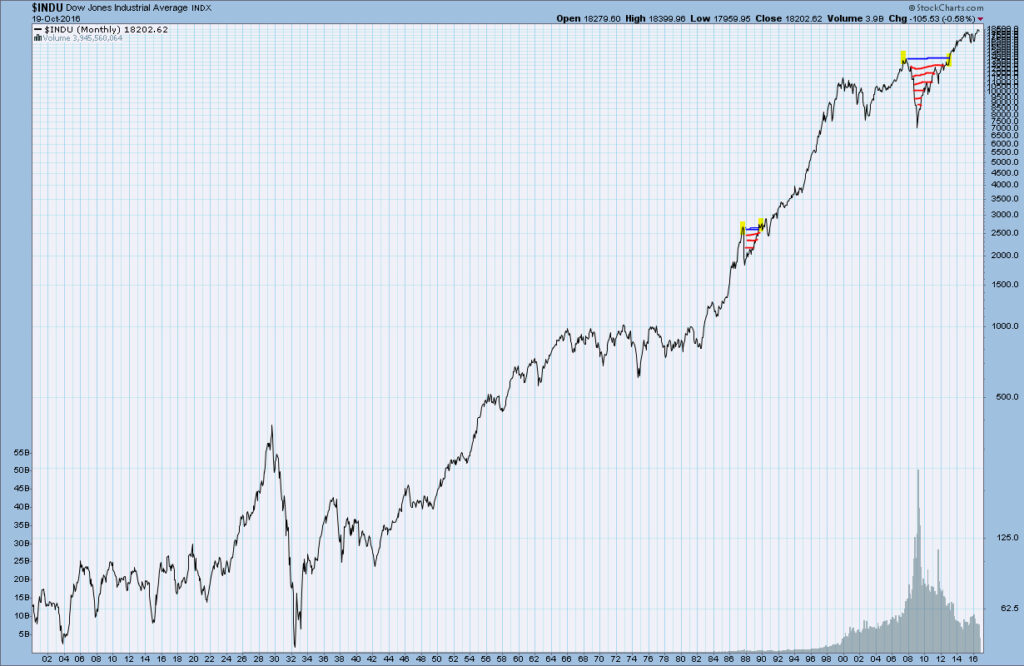Dow Jones Stock Futures: A Key Indicator for the Stock Market

Dow Jones stock futures are a crucial component of the financial markets, offering investors, analysts, and traders insight into how the market may perform when it opens. These futures contracts track the performance of the Dow Jones Industrial Average (DJIA), one of the most widely recognized stock indices in the world, which includes 30 of the largest and most influential publicly traded companies in the United States.
Futures contracts allow investors to speculate on the price movement of the DJIA before the stock market opens. This can provide useful information about how investors are feeling about market trends, upcoming economic reports, or global events. When people talk about Dow Jones stock futures, they are often referring to the expected movements of the index, as indicated by the futures market, before regular trading hours.
Understanding Dow Jones Stock Futures
Dow Jones stock futures are part of a broader set of financial futures contracts that offer a way for investors to speculate on, or hedge against, potential changes in stock prices. These contracts are traded on the Chicago Mercantile Exchange (CME) and are a popular tool for institutional investors, hedge funds, and individual traders.
The futures market works by allowing traders to agree on buying or selling an asset at a specific price at a future date. For Dow Jones futures, the price will reflect the collective expectations of investors about the performance of the 30 companies in the DJIA. The value of these contracts fluctuates based on the collective sentiment surrounding economic reports, corporate earnings, geopolitical developments, and other key market-moving events.
Factors Influencing Dow Jones Stock Futures
- Economic Data: Key economic reports such as unemployment numbers, inflation data, and GDP growth can impact the performance of the Dow Jones stock futures. Positive economic data tends to push futures higher, while weak data can lead to a decline.
- Earnings Reports: The earnings of companies within the Dow Jones Industrial Average directly affect how futures contracts perform. If several of the blue-chip companies within the index report strong earnings, Dow futures often rise, signaling confidence in the market.
- Geopolitical Events: Global events such as trade negotiations, wars, or natural disasters can create uncertainty, which is reflected in futures markets. Investors react to these events in real-time, often influencing the direction of the Dow Jones stock futures.
- Market Sentiment: Broader market sentiment, driven by factors like investor psychology, global trends, and political climate, plays a significant role in the movement of Dow Jones futures. Positive news, such as a potential new stimulus package or investor confidence in the future, can lead to an uptick in futures prices.
Caroline Downey and the Stock Market
While discussing the Dow Jones stock futures, it’s important to highlight some prominent figures who have made an impact on the financial world, including those who cover the markets extensively in media. One such figure is Caroline Downey—a financial journalist and expert in the stock market. Downey’s insights into economic trends, financial markets, and the futures market have made her a trusted voice for those looking to understand the complexities of Wall Street and global financial markets.
Though Caroline Downey is not directly involved in the futures market itself, her work in covering the financial markets offers valuable perspectives for investors and market participants. Downey’s analytical articles often provide an in-depth look at current market conditions, helping investors make informed decisions regarding their trades and investments in Dow Jones futures and other financial instruments.
The Role of Dow Jones Futures in Investment Strategies
For many investors, Dow Jones stock futures are not just an indication of market sentiment but also a key component in their investment strategies. Traders often use these futures contracts as a way to hedge their portfolios or speculate on market movements without needing to buy or sell the underlying stocks in the DJIA.
- Hedging: Investors who hold significant positions in Dow Jones stocks may use futures to protect against potential losses. For instance, if they believe the market will decline, they might sell Dow futures contracts to offset the potential losses in their portfolio.
- Speculation: For more aggressive traders, Dow futures offer an opportunity to profit from short-term market movements. If a trader believes the market will rise, they can buy Dow futures, hoping to sell at a higher price later.
- Diversification: Futures contracts can also be part of a diversified investment strategy. By including Dow futures in a portfolio, investors can gain exposure to the broader market, which may help reduce overall portfolio risk.
Conclusion: Monitoring Dow Jones Futures for Market Trends
In summary, Dow Jones stock futures are a valuable tool for investors and market participants looking to gauge market direction before the stock market officially opens. Factors like economic reports, earnings news, and geopolitical events heavily influence these futures contracts. Figures like Caroline Downey, with their expertise in financial reporting and market analysis, help investors navigate the complexities of these markets.
For those looking to trade or follow Dow futures, keeping track of these indicators and understanding how they can affect future market movements is crucial. Monitoring futures can provide a heads-up on potential market trends, allowing investors to make more informed decisions when buying or selling stocks, including those within the Dow Jones Industrial Average.

